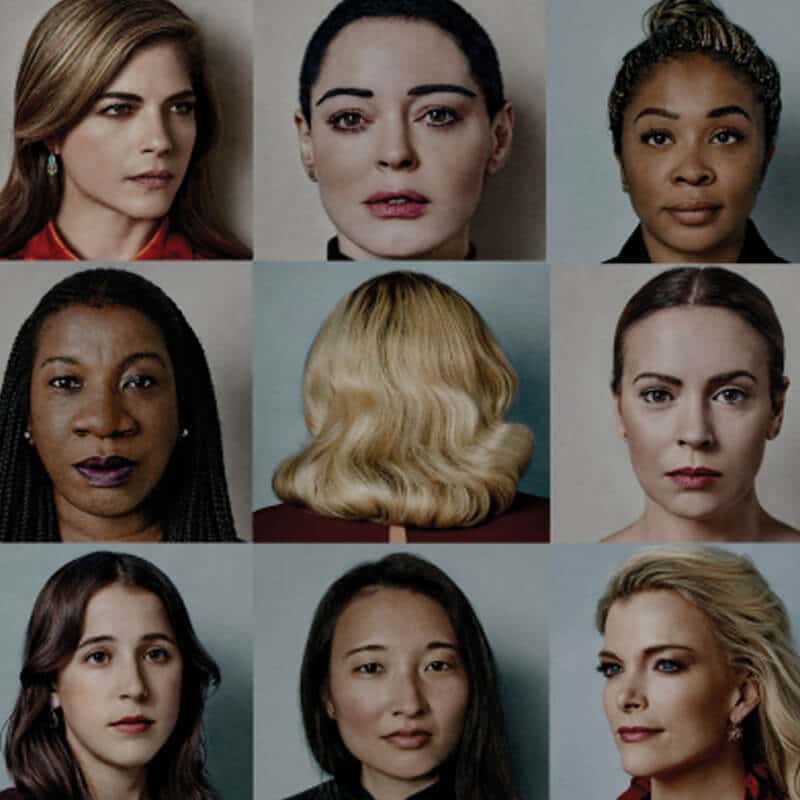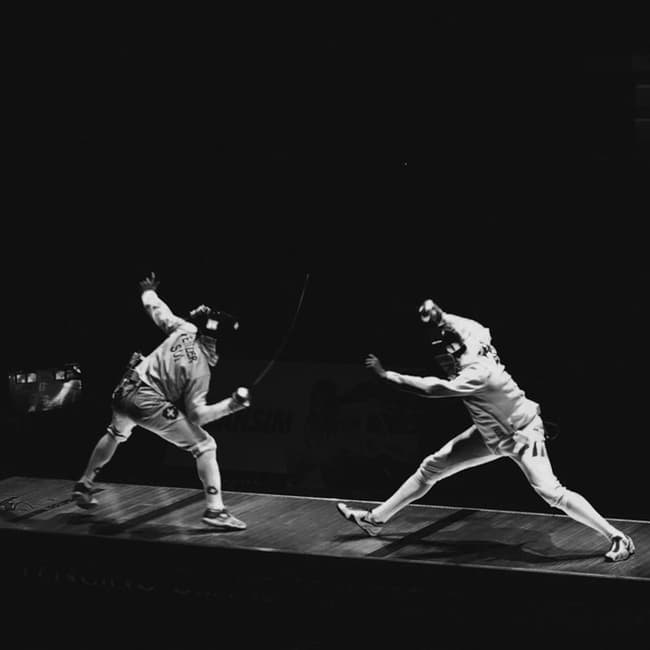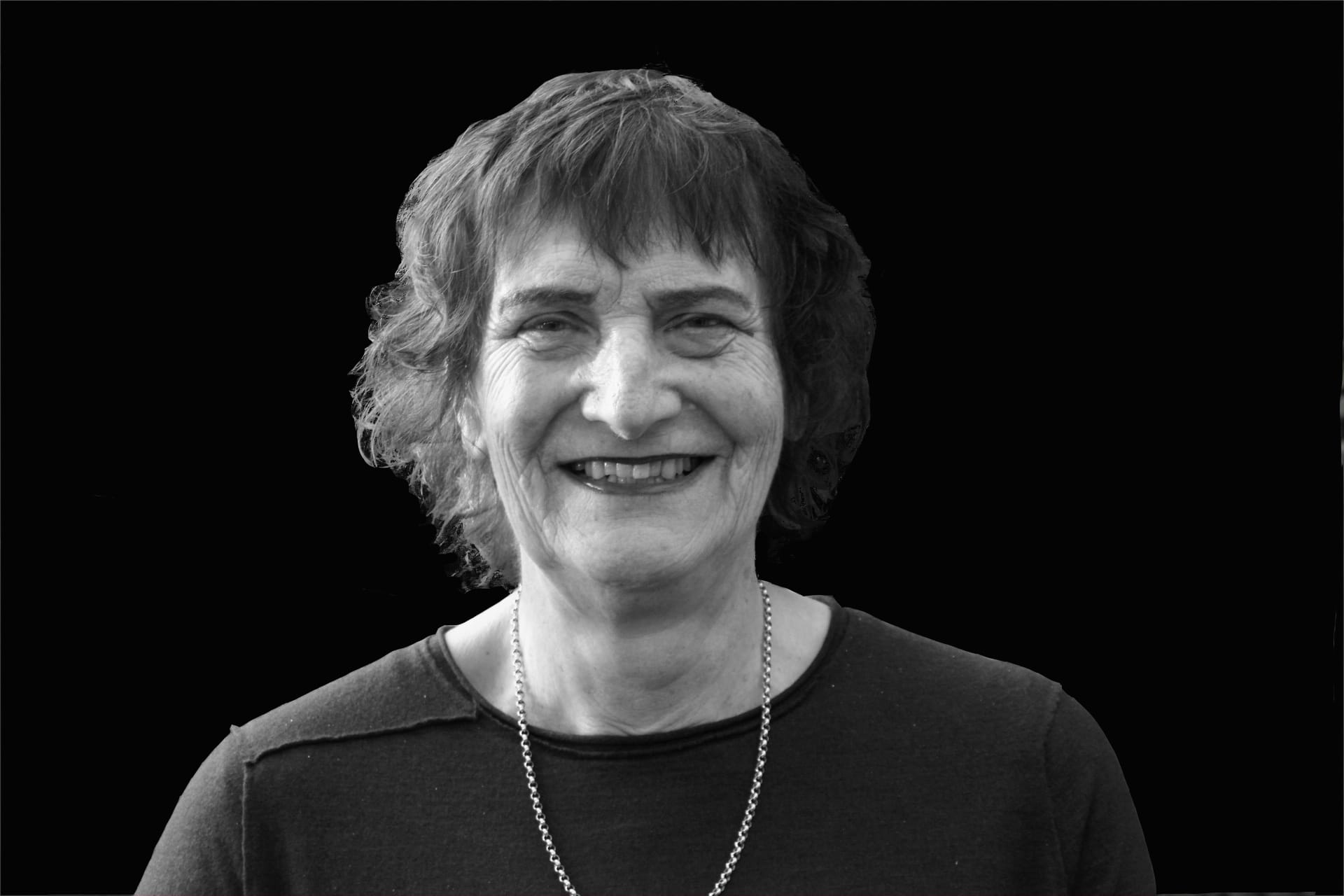
Philosophically thinking through COVID-19
Opinion + AnalysisHealth + WellbeingRelationshipsScience + Technology
BY Bryan Mukandi The Ethics Centre 9 MAY 2020
In their recent article, ‘Who gets the ventilator in the coronavirus pandemic?’, bioethicists Julian Savulescu and Dominic Wilkinson note that we may soon be faced with a situation in which the demand for medical resources is greater than what is available.
At that point, decisions about who gets what medical resources ought to be just, they argue. The trouble with the article however, is that the two men seem to approach our present crisis as though it were just that, a present tense phenomenon. They view COVID-19 not as a something that has emerged over time as a result of our social configuration and political choices, but as something that appeared out of nowhere, an atemporal phenomenon.
Treating the pandemic as atemporal means that the two scholars only focus on the fact of this individual here and that one over there, suffering in this moment, from the same condition. They fail to ask how how this person came to be prone to the virus, or what resources that person has had at their disposal, let alone the socio-political and historical circumstances by which those resources were acquired. Karla Holloway, Professor of English and Professor of Law, makes the point that stripping away the textual details around our two patients simplifies the decision making process, but the price paid for that efficiency might be justice.
We know that there are systematic discrepancies in medical outcomes for marginalised groups at the best of times.We know that structural inequalities inform discrepancies around the degree to which people can practice social distancing and reduce the risk of infection. We know that those most likely to be most severely affected in the wake of the pandemic are those belonging to already marginalised communities. As public health medicine specialist, Papaarangi Reid, put it in a recent interview:
“We’ve got layers that we should be worried about. We should be worried about people who have difficulty accessing services … people who are stigmatised … While we are very worried about our elderly, we’re also worried about our precariat: those who are homeless; we’re worried about those who are impoverished; those who are the working poor; we’re worried about those who are in institutions, in prisons.”
Every time Reid says that we ought to worry about this group or that, I am confronted by Arendt’s take on just how difficult it is to think in that manner. I’m currently teaching a Clinical Ethics course for second year medical students, one of whose central pillars is Hannah Arendt’s understanding of thought. Standing on the other side of the catastrophe that was the second world war, she warned that thinking is incredibly difficult; so much so it demands that one stop, and it can be paralysing.
Arendt pointed out those algorithmic processes on the basis of which we usually navigate day-to-day life: clichés, conventional wisdom, the norms or ‘facts’ that seem so self-evident, we take them for granted. She argued that those are merely aids, prostheses if you like, which stand in the place of thinking – that labour of conceptually wading through a situation, or painstakingly kneading a problem. The trouble is, in times of emergency, where there is panic and a need for quick action, we are more likely to revert to our algorithms, and so reap the results of our un-interrogated and unresolved lapses and failures.
Australia today is a case in point. “The thing that I’m counting on, more than anything else,” noted Prime Minister Scott Morrison recently, “Is that Australians be Australian.” He went on to reiterate at the same press conference, “So long as Australians keep being Australians, we’ll get through this together.”
I’m almost sympathetic to this position. A looming disaster threatens the status quo, so the head of that status quo attempts to reassure the public of the durability of the prevailing order. What goes unexamined in that reflex, however, is the nature of the order. The prime minister did not stop to think what ‘Australia’ and ‘Australianness’ mean in more ordinary times.
Nor did he stop to consider recent protests by First Nations peoples, environmental activists, refugee and asylum seeker advocates and a raft of groups concerned about those harmed in the course of ‘Australians being Australian’. Instead, with the imperative to act decisively as his alibi, he propagated the assumption that whatever ‘Australia’ means, it ought to be maintained and protected. But what if that is merely the result of a failure to think adequately in this moment?
In his excellent article, calling on the nation to learn from past epidemics, Yuggera/Warangu ophthalmologist Kris Rallah-Baker, writes: ‘This is just the beginning of the crisis and we need to get through this together; Covid-19 has no regard for colour or creed’. In one sense, he seems to arrive at a position that is as atemporal as that of Savulescu and Wilkinson, with a similar stripping away of particularity (colour and creed). It’s an interesting position to come to given the continuity between post-invasion smallpox and COVID-19 that his previous paragraphs illustrate.
Read another way, I wonder if Rallah-Baker is provoking us; challenging us to think. What if this crisis is not the beginning, but the result of a longstanding socioeconomic, political and cultural disposition towards First Nations peoples, marginalised groups more broadly, and the prevailing approach to social organisation?
Could it then also be the case that the effect of the presence of novel coronavirus in the community is in fact predicated, to some degree, on social categories such as race and creed? Might a just approach to addressing the crisis, even in the hospital, therefore need to grapple with temporal and social questions?
There will be many for whom the days and weeks ahead will rightly be preoccupied with the practical tasks before them: driving trucks; stacking supermarket shelves; manufacturing protective gear; mopping and disinfecting surfaces; tending to the sick; ensuring the continuity of government services; and so forth. For the rest of us, there is an imperative to think. We ought to think deeply about how we got here and where we might go after this.
Perhaps then, as health humanities researchers Chelsea Bond and David Singh recently noted in the Medical Journal of Australia:
“we might also come to realise the limitations of drawing too heavily upon a medical response to what is effectively a political problem, enabling us to extend our strategies beyond affordable prescriptions for remedying individual illnesses to include remedying the power imbalances that cause the health inequalities we are so intent on describing.”
You can contact The Ethics Centre about any of the issues discussed in this article. We offer free counselling for individuals via Ethi-call; professional fee-for-service consulting, leadership and development services; and as a non-profit charity we rely heavily on donations to continue our work, which can be made via our website. Thank you.
Ethics in your inbox.
Get the latest inspiration, intelligence, events & more.
By signing up you agree to our privacy policy
You might be interested in…
Opinion + Analysis
Politics + Human Rights, Relationships
Why victims remain silent and then find their voice
Opinion + Analysis
Relationships
How to respectfully disagree
Opinion + Analysis
Relationships
Only love deserves loyalty, not countries or ideologies
Opinion + Analysis
Relationships




